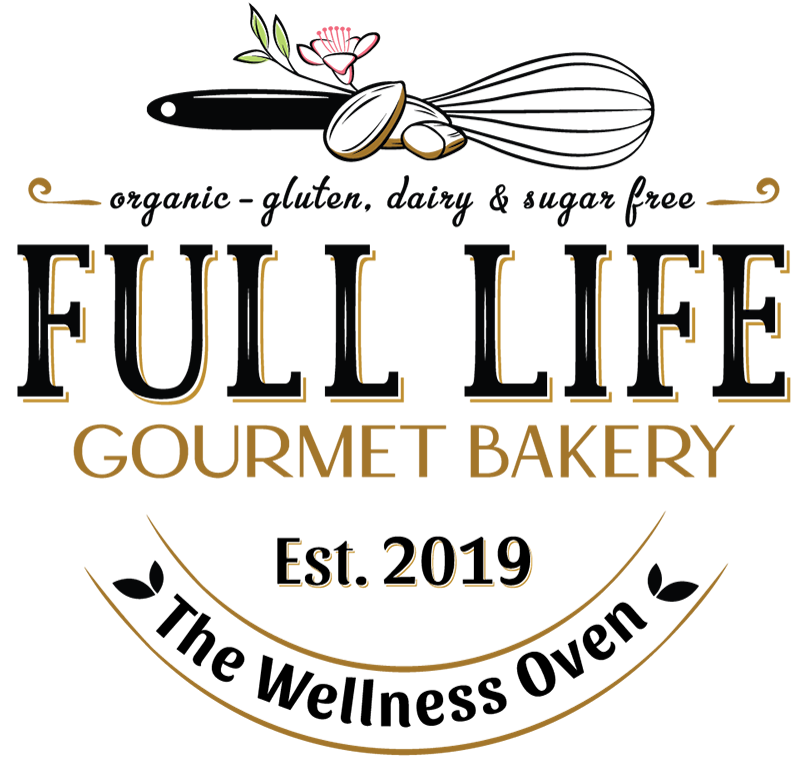
In today's fast-paced world, mental clarity and cognitive function are more important than ever. The modern lifestyle, characterized by constant multitasking, information overload, and chronic stress, often leads to mental fatigue and reduced cognitive performance. As we seek solutions to maintain and enhance our mental faculties, the concept of "superfoods" has gained significant traction. Superfoods, rich in essential nutrients like antioxidants, flavonoids, and other compounds, are touted for their myriad health benefits. This opinion piece delves into the scientific evidence supporting the role of superfoods in boosting mental clarity and cognitive function, offering practical insights on how to incorporate these nutritional powerhouses into our daily lives.
The Science Behind Superfoods and Cognitive Function
The term "superfood" is often used to describe foods that are particularly nutrient-dense and beneficial to health. While the label might sometimes be dismissed as a marketing gimmick, there is substantial scientific evidence that certain foods can indeed have profound effects on brain health. Let's explore some of the most compelling findings in this area.
Antioxidants and Brain Health
Oxidative stress, caused by an imbalance between free radicals and antioxidants in the body, is a key factor in cognitive decline. Antioxidants neutralize free radicals, thereby protecting the brain from damage. Blueberries, often hailed as a superfood, are rich in antioxidants, particularly anthocyanins. A study published in the *Journal of Agricultural and Food Chemistry* found that blueberries can improve memory in older adults by enhancing brain function and delaying cognitive aging (Krikorian et al., 2010). Another study in *The British Journal of Nutrition* reported that regular consumption of blueberries for 12 weeks improved cognitive performance and brain function in children (Whyte et al., 2016).
Flavonoids and Cognitive Function
Flavonoids, a diverse group of phytonutrients found in many fruits and vegetables, have been shown to support cognitive health through their anti-inflammatory and antioxidant properties. Dark chocolate, a rich source of flavonoids, has been linked to enhanced brain function. Research published in *Nature Neuroscience* demonstrated that flavanol-rich cocoa improved blood flow to the brain, leading to better performance on cognitive tasks (Sorond et al., 2008). Furthermore, a study in the *American Journal of Clinical Nutrition* found that high-flavonoid intake was associated with better cognitive function in older adults (Commenges et al., 2000).
Leafy Greens and Brain Power
Leafy greens like spinach, kale, and Swiss chard are packed with vitamins, minerals, and antioxidants that are crucial for brain health. They are particularly high in vitamin K, lutein, folate, and beta-carotene. A study in *Neurology* found that consuming one to two servings of leafy greens per day was associated with slower cognitive decline in older adults (Morris et al., 2018). The researchers attributed these benefits to the high levels of brain-healthy nutrients found in these vegetables.
Practical Ways to Incorporate Superfoods into Daily Meals
Given the compelling evidence supporting the cognitive benefits of superfoods, incorporating them into our daily diet can be a practical and effective strategy for enhancing mental clarity. Here are some tips on how to do this:
1. Start Your Day with a Superfood Smoothie: Blend blueberries, spinach, and a bit of dark chocolate or cocoa powder with a banana and some almond milk. This delicious smoothie is a great way to pack in multiple superfoods right at the start of your day.
2. Snack Smart: Keep a mix of nuts and dark chocolate chips handy for a quick and brain-boosting snack. Nuts provide healthy fats and protein, while dark chocolate adds flavonoids.
3. Salads and Sides: Make leafy greens a staple in your meals. Add spinach or kale to your salads, or serve them as a side dish. You can also blend them into soups and stews for an extra nutrient boost.
4. Berry Delicious Desserts: Opt for desserts that incorporate berries. Blueberry parfaits, mixed berry salads, or even a simple bowl of fresh berries with a dollop of Greek yogurt can be both satisfying and beneficial for brain health.
5. Experiment with Recipes: There are countless recipes available that highlight superfoods. Try new dishes that feature ingredients like quinoa, avocado, chia seeds, and turmeric, all of which have their own brain-boosting properties.
The Bigger Picture: A Holistic Approach to Brain Health
While superfoods can certainly play a significant role in enhancing mental clarity, it's important to remember that they are just one piece of the puzzle. A holistic approach to brain health also involves regular physical activity, adequate sleep, stress management, and mental exercises.
Physical Activity
Exercise is known to increase blood flow to the brain and stimulate the production of neuroprotective proteins. A study in the *British Journal of Sports Medicine* found that regular physical activity improved cognitive function and reduced the risk of cognitive decline in older adults (Smith et al., 2010). Incorporating activities like brisk walking, swimming, or yoga into your routine can complement the benefits of a superfood-rich diet.
Adequate Sleep
Sleep is essential for cognitive function and overall health. During sleep, the brain undergoes processes that consolidate memories and clear out toxins. Research published in *Nature Reviews Neuroscience* highlights the critical role of sleep in learning and memory (Rasch & Born, 2013). Ensuring you get 7-9 hours of quality sleep each night is vital for maintaining mental clarity.
Stress Management
Chronic stress can negatively impact brain health and cognitive function. Practices such as mindfulness meditation, deep breathing exercises, and spending time in nature have been shown to reduce stress and enhance mental well-being. A study in *Health Psychology* found that mindfulness-based stress reduction improved psychological health and cognitive function (Jha et al., 2010).
Mental Exercises
Keeping the brain active through mental exercises can also enhance cognitive function. Engaging in activities like reading, puzzles, learning a new skill, or playing musical instruments stimulates the brain and promotes neuroplasticity. A study in the *Journal of the American Geriatrics Society* found that cognitive training improved mental function and delayed cognitive decline in older adults (Ball et al., 2002).
Conclusion
The evidence supporting the role of superfoods in enhancing mental clarity and cognitive function is compelling. Antioxidants, flavonoids, and other nutrients found in foods like blueberries, dark chocolate, and leafy greens can significantly benefit brain health. By incorporating these superfoods into our daily diet and adopting a holistic approach that includes regular physical activity, adequate sleep, stress management, and mental exercises, we can optimize our cognitive function and overall well-being.
Call to Action
As individuals, we have the power to make dietary choices that can profoundly impact our mental clarity and cognitive function. Start by integrating more superfoods into your meals, and pay attention to how these changes affect your mental performance. Share your journey and knowledge with others, encouraging them to explore the benefits of superfoods. Together, we can foster a community that values and prioritizes brain health, ultimately leading to a more vibrant and mentally resilient society.
By Guillermo Brillembourg W




